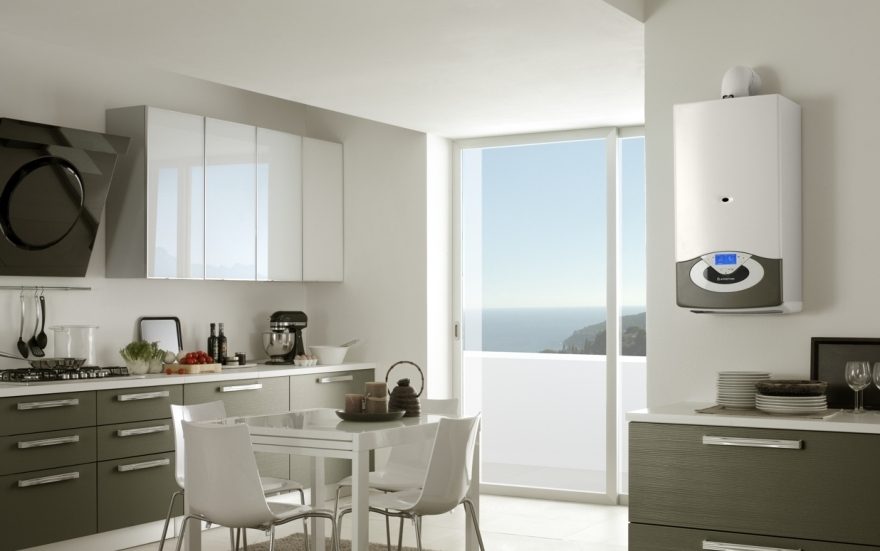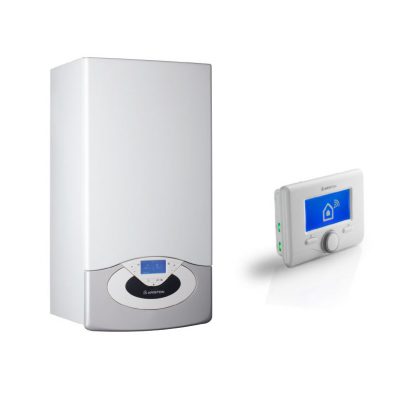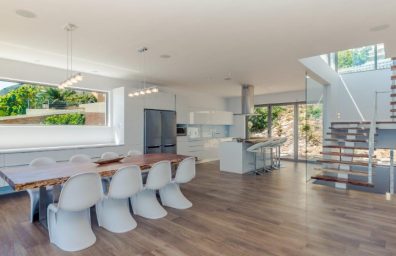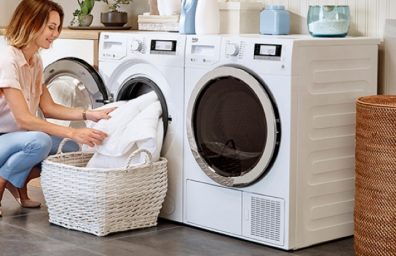Choosing the boiler is not always easy, it is an important investment and cannot be done lightly.
In addition to the cost of the boiler, the impact on the energy bill and the savings opportunities offered by new technologies must be considered. How to proceed to choose the boiler that best meets our needs? Let's see some issues.
Analyze your needs
The first and perhaps most important step is a careful needs analysis. There are a number of variables to keep in mind:
- Location of the building. Based on the climatic zone in which the building is located, we can choose the boiler with the appropriate power.
- Requested services. We can use the boiler only for heating, or only to produce domestic hot water. If, on the other hand, the boiler will be used for both functions, it is advisable to choose one with higher power.
- Type of fuel available. The availability of the fuel is a determining factor for the choice of the boiler. If gas is not available, other solutions such as heat pumps or biomass boilers can be evaluated
- What will be the type of radiating bodies. This last aspect can condition or be conditioned by the interior design of the house that we are going to heat. However, modern condensing boilers can ensure excellent functionality and energy saving and in case of floor heating systems or radiant panels, which in the case of classic radiators.
Climate zones:
The size of the heating system depends on the climate of the area where the building is located, more precisely on the temperature range between inside and outside. Based on this data, we will have to choose the boiler capable of producing the required amount of heat.
The law divides the Italian territory into climate zones, for each one it defines the minimum external temperature, obtained on the basis of statistical observations of the minimum temperature that can actually be had and the behavior of the buildings. In the same way, the law sets the internal temperature for the whole national territory. It can vary according to the use of the building, in the case of residential homes it is 20 degrees centigrade.
According to the climatic zone in which we are, the minimum external temperature can vary from 5 to -20 degrees centigrade and the temperature range can vary from 15 to 40 degrees centigrade. So if in the warmer climate zone I need a certain power to heat the rooms up to 20 °, in the colder climate zone I will need more than double the power to get the same result.
Characteristics of the building:
- Dimension. The first characteristic of the building to evaluate in order to choose the boiler is the magnitude of the environments of home. Obviously, the larger the rooms, the greater the energy required to heat them, but there are other aspects to consider. For example, in the presence of large double-height rooms with mezzanines, it is preferable to provide a floor heating system to have a more uniform temperature. Underfloor heating requires low temperature water, so we can choose one condensing boiler, which in these conditions offers better energy efficiency.
- Construction period. If we are renovating an old building, built before 1975, it will not have good thermal insulation. Unless interventions are planned or have already been made to improve energy performance. Due to the greater ease of heat dispersion, we will have to oversize the heating system to obtain the desired thermal comfort.
- Exposure. If the rooms to be heated are exposed to the north, or in a position that causes low solar radiation, more energy will be required for heating, so we will have to choose a boiler with a higher power.
- Degree of thermal insulation. Recently built buildings are generally made with materials and technologies that determine good thermal insulation. However, we will have to evaluate the heat requirement for our case in order to correctly calibrate the boiler power.
heat pump or boiler?
In recent years, technological evolution has made another technology, heat pumps, interesting for use in the domestic heating system. The heat pump can take heat from water, air or ground and make it usable to run the heating. The electricity consumed is not used directly to be transformed into heat, but to activate the mechanism that extracts heat from external sources.
In summer, the heat direction can be reversed, so the heat pump can also be used to cool rooms.
There are three types of heat pumps: air-water, water-water, ground-water. The most common type of heat pump is the air-water one, it is simpler and cheaper to install, it extracts the heat from the outside air, but this is its limit, in fact when the outside temperature drops close to or below zero the performance undergoes a sharp decline.
The other two types, by extracting heat from elements that have a much more constant temperature, are less affected by this problem. On the other hand, since they need pipes inserted in depth, by drilling the ground, they are more difficult and expensive to install.
Heat pumps produce water at low temperatures and are suitable for systems with radiant panels or underfloor heating systems. They are well suited to operate in environments where the heating is on for many hours, without interruptions.
The boiler
Unlike the heat pump, the boiler is the component in which the passage of heat from a fuel in the combustion phase to a liquid takes place. The liquid has the function of conveying the heat towards the radiant elements that will distribute it in the rooms to be heated.
The evolution of the boiler is closely linked to that of fuels. Starting from coal, a solid fuel, we moved on to liquid fuels, then to gas. There are notable differences both in the supply and storage methods and in the combustion methods.
Condensing boiler
The condensing boiler is the most advanced type of gas boiler, choosing the condensing boiler means Also save up to 40% on your energy bill, if the boiler is combined with radiant systems. The reason for saving is one greater energy efficiency. The condensing boiler via a component precisely said capacitor, is able to recover the residual heat of the exhaust fumes.
A condensing boiler generally has a higher price than a traditional one, it is around 1000 - 2000 euros, excluding installation, this initial cost is however amortized by energy savings.
Parameters to be compared
Technological evolution has made it possible to equip the boiler with many new functions that improve the management of the heating system. The ultimate goal of this evolution is to optimize consumption, therefore energy saving.
There are many technical aspects that must be evaluated when choosing the boiler, for example, the modulation ratio, the compatibility with the thermoregulation accessories, the possible areas of management for large environments, the use of an external boiler for the production hot water. These issues clearly affect both the complexity of the system that the price, so you have to make an optimization of price and benefits on the basis of what are the needs.
False myths to debunk
That being a condensing type of boiler appeared on the market recently, many do not know the characteristics in detail. This promotes the dissemination of statements but are not reflected in reality. Let the false myths.
- Conventional boilers are better.
In reality this is not the case, condensing boilers offer significantly higher performance, greater savings and a lower environmental impact. Their technological level is much more advanced, this allows a much more detailed control of the parameters and the optimization of consumption. The characteristics of the condensing boiler, if combined with the external probe that allows to anticipate any temperature variations (even sudden) during the day, guarantee the customer maximum savings on the bill.
- Condensing boilers cost much more.
This is partially true. Condensing boilers have a much higher technological value, which surely justifies a higher initial cost. During the course of their lives provide high bills long after that, in time, they provide a guaranteed and substantial investment.
- Condensing boilers are only saving with underfloor heating systems.
False. Even in the presence of old plants with radiators, the condensing boiler, combined with thermoregulation, allows to obtain a substantial saving in the bill (compared to an old traditional boiler), ensuring a greater environmental comfort.
- Condensing boilers are noisier compared to an old traditional boiler.
False. The noise level of condensing boilers, thanks to the technology, it is much lower compared to the old traditional boilers.
Hoping that these guidelines can help you select the most suitable boiler for your heating system, please also read insights on: room thermostat, Revision of the boiler and on New EU rules on energy efficiency standards.






